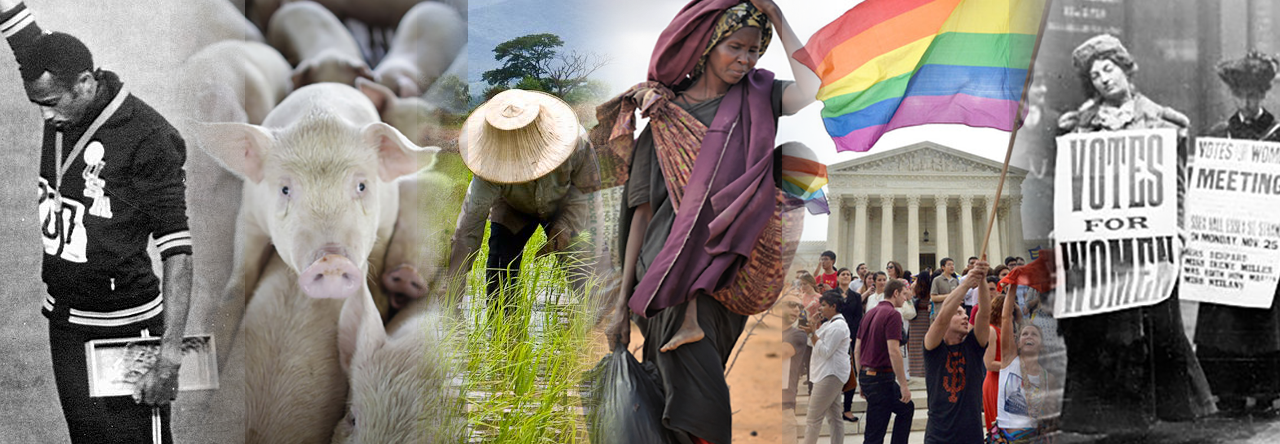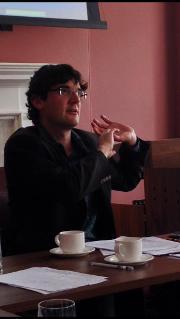In this guest post, John Tillson and Winston C. Thompson discuss the recent case of US track star Sha’Carri Richardson’s suspension from competing at the Olympics.
Sha’Carri Richardson was suspended from the US Olympic team after testing positive for marijuana. This is ultimately because the World Anti-Doping Agency (WADA) decided to ban THC in-competition in all sports. THC (or tetrahydrocannabinol) is the main psychoactive component of cannabis/marijuana. WADA can prohibit athletes’ use of substances in order compete in the Olympics and other major sporting events such as those organized under the auspices of World Athletics. Richardson has apologized for her actions and US President Biden has commented on the case saying, ‘the rules are the rules’.






